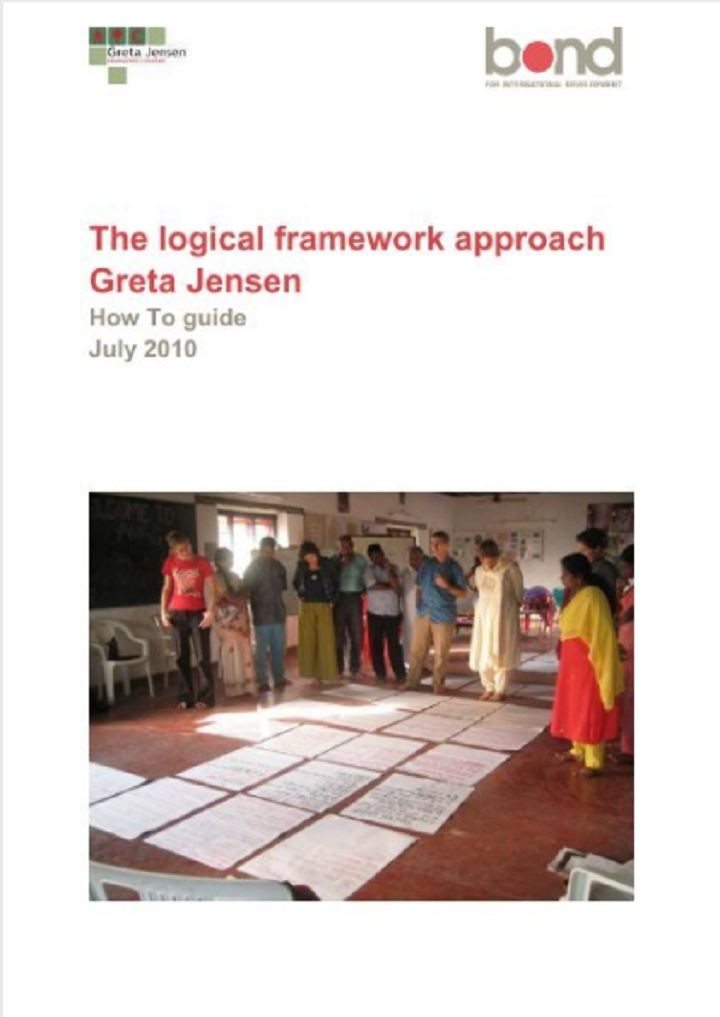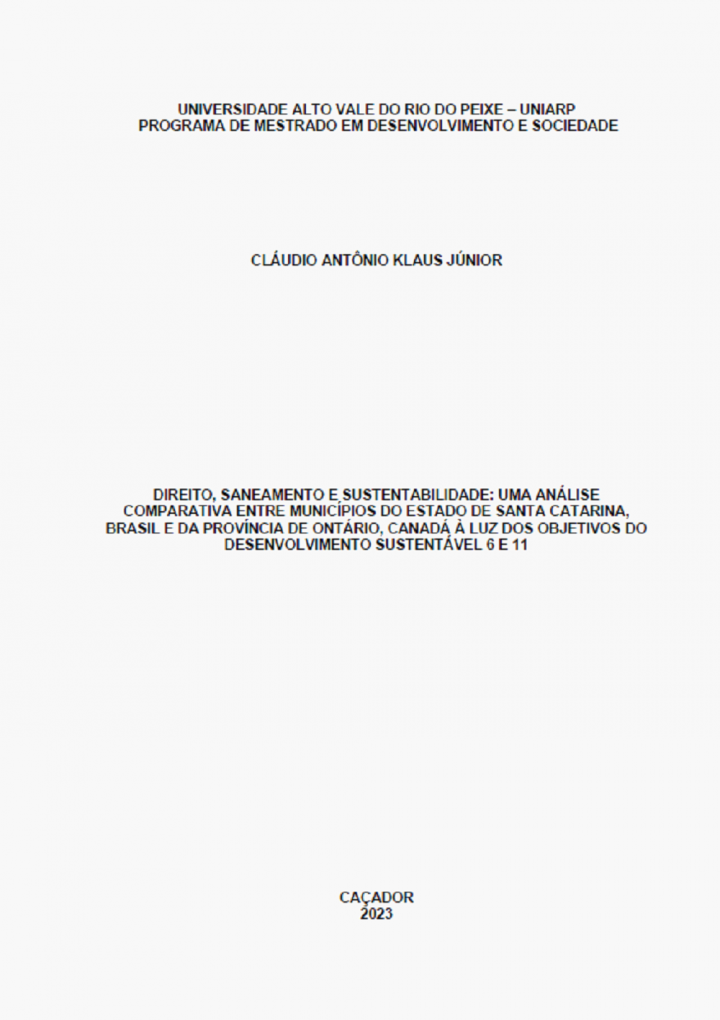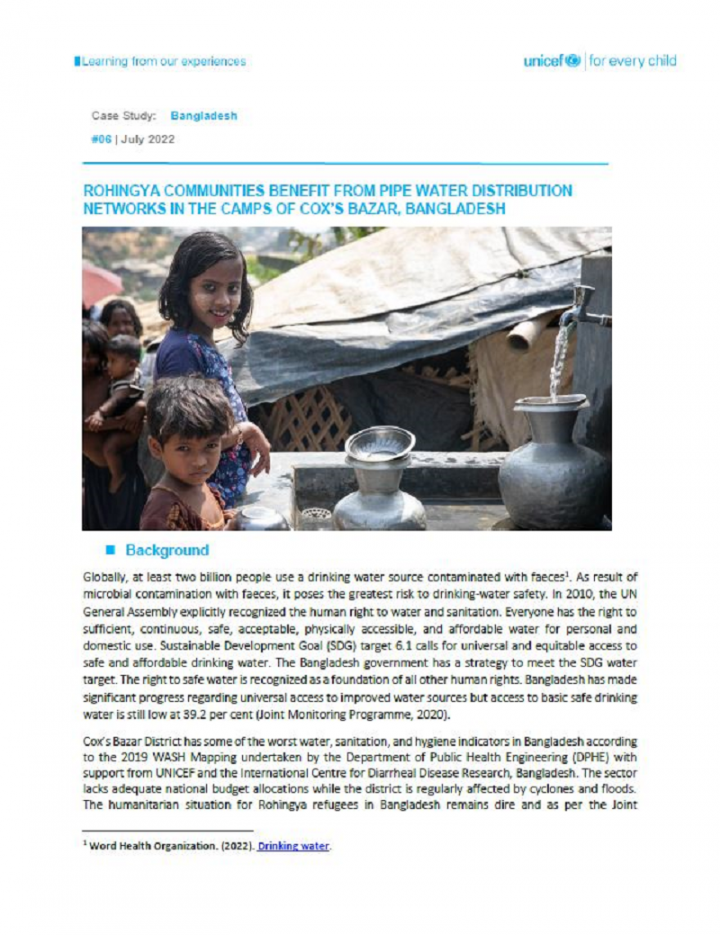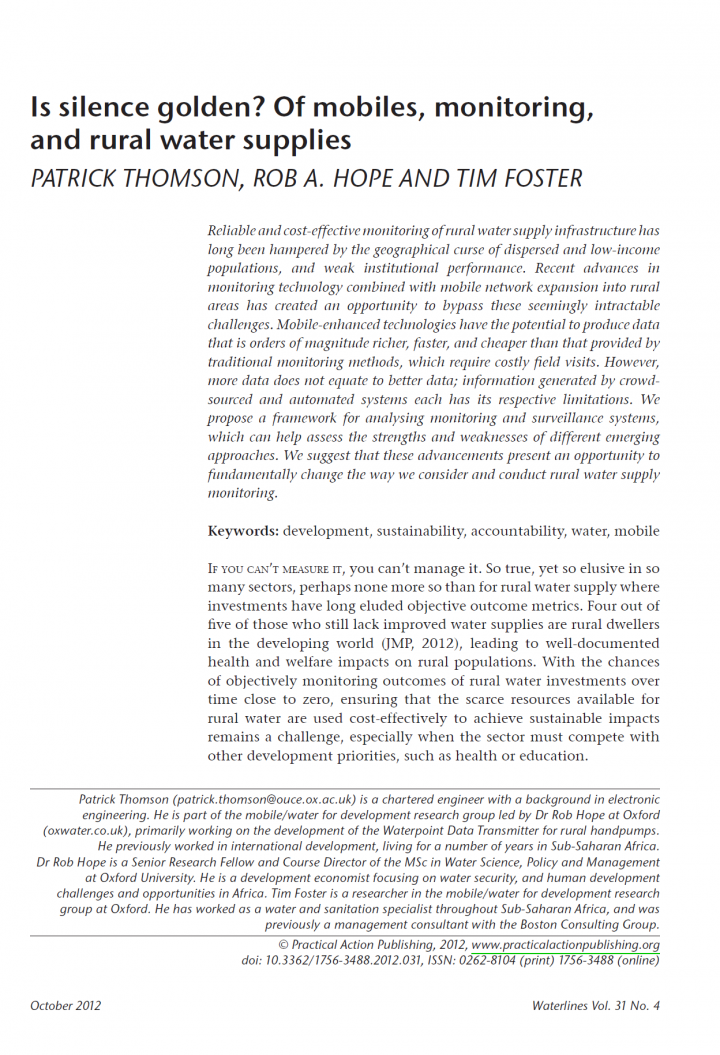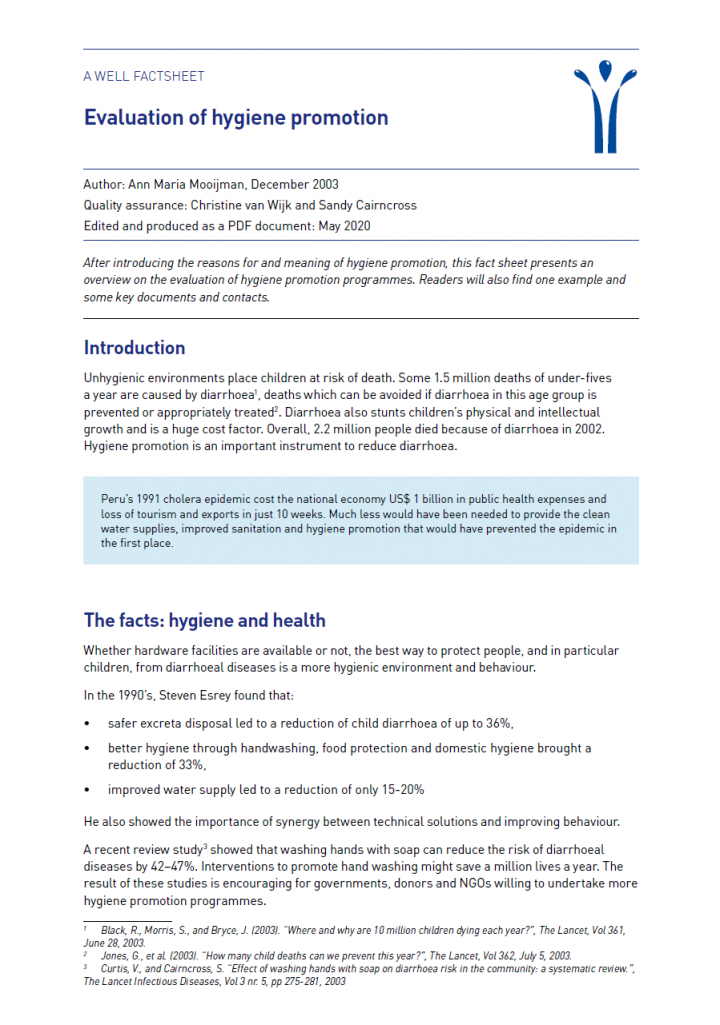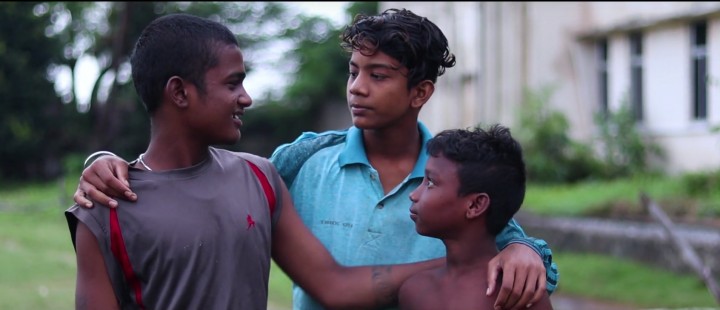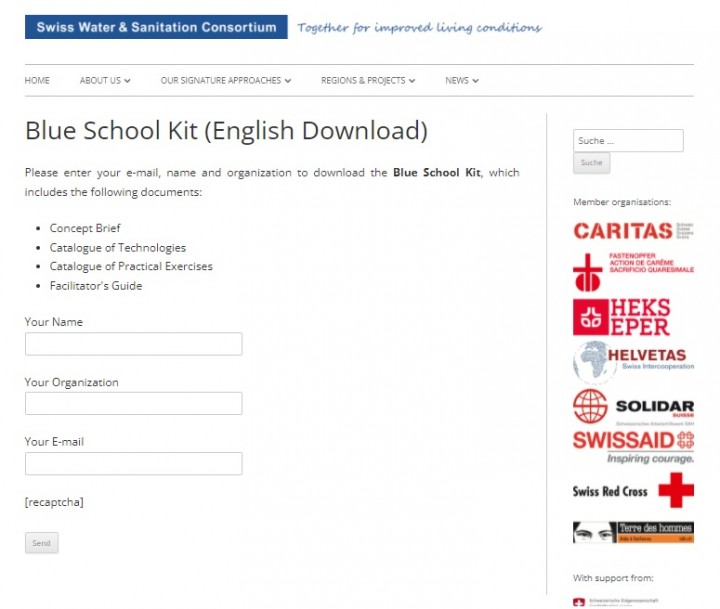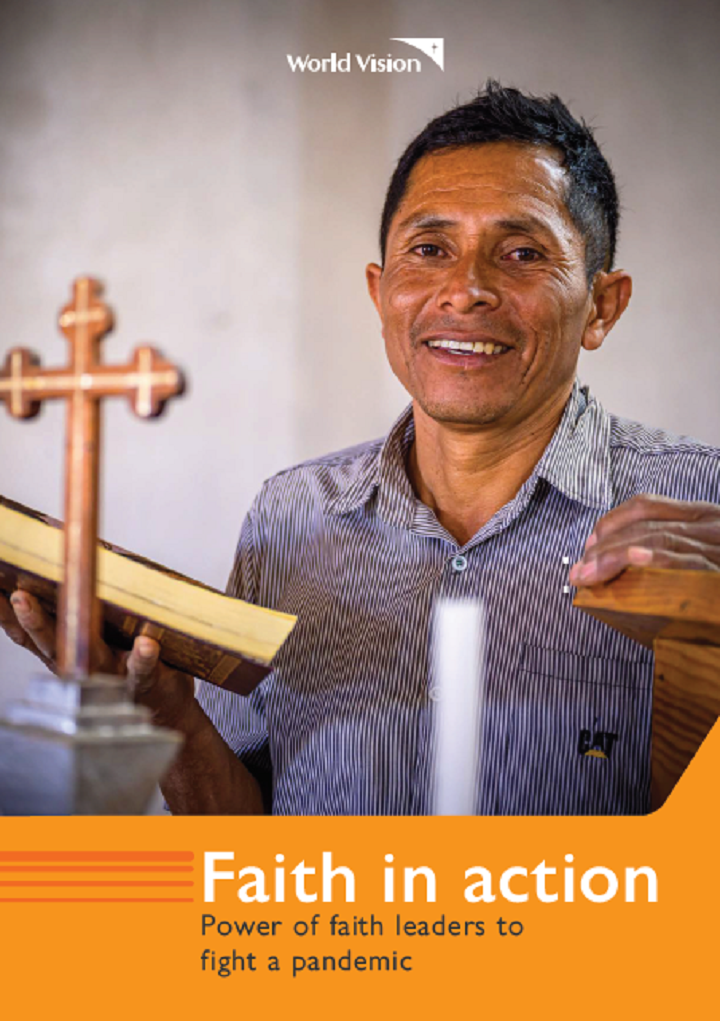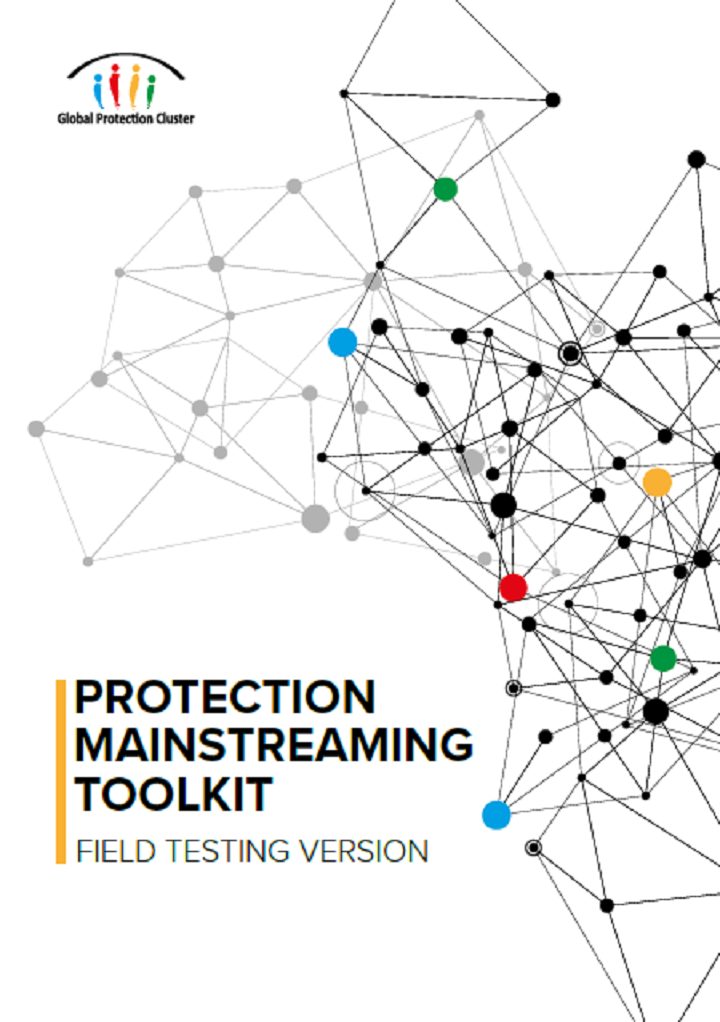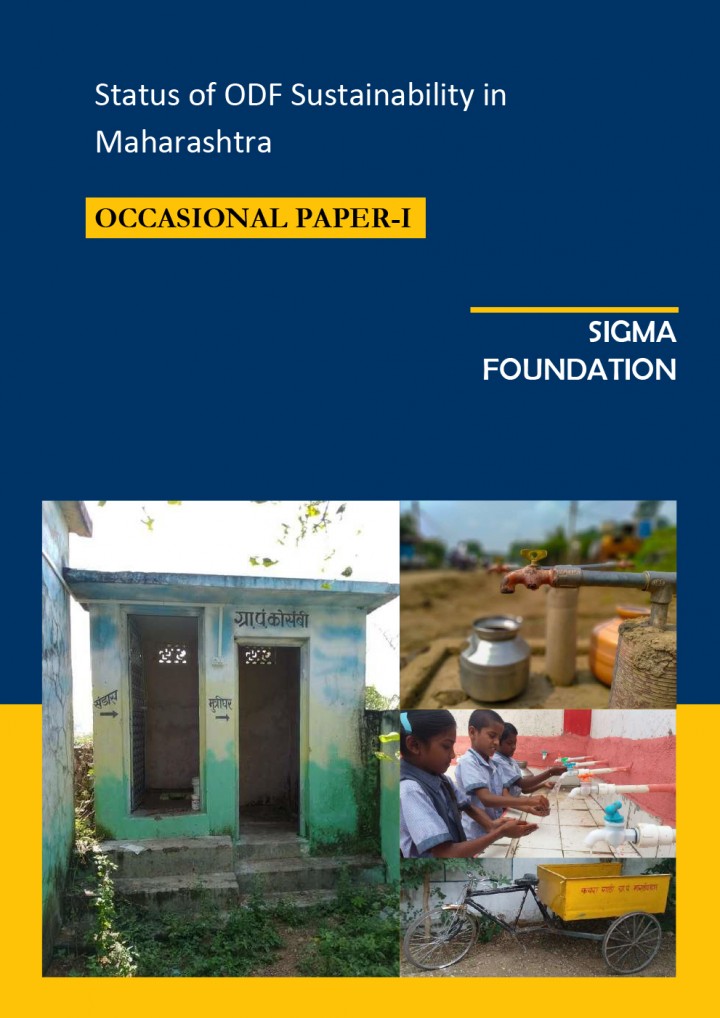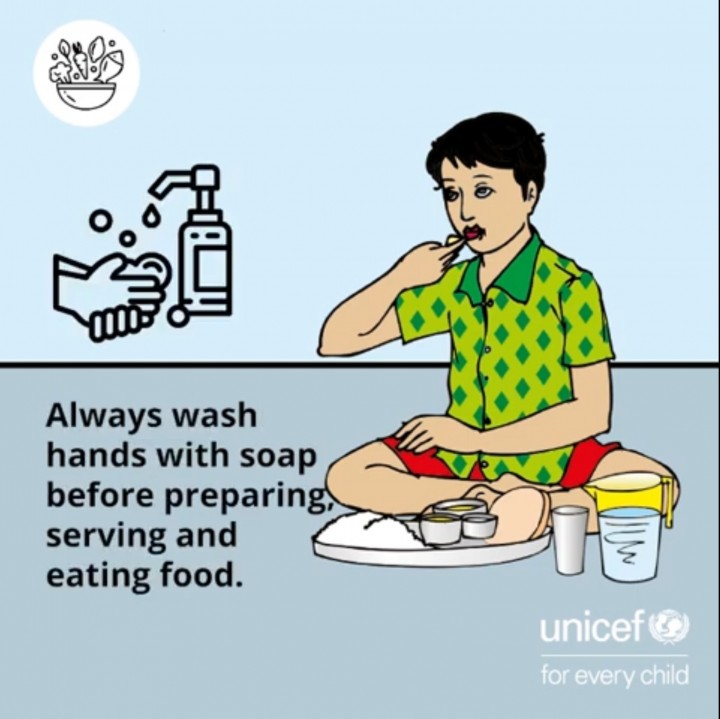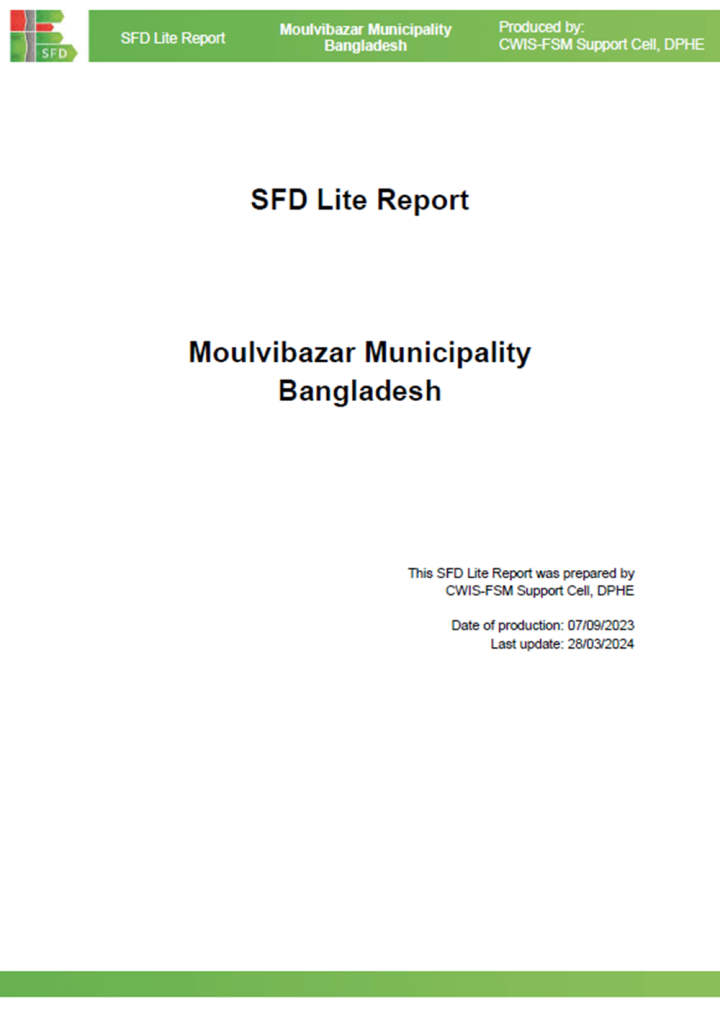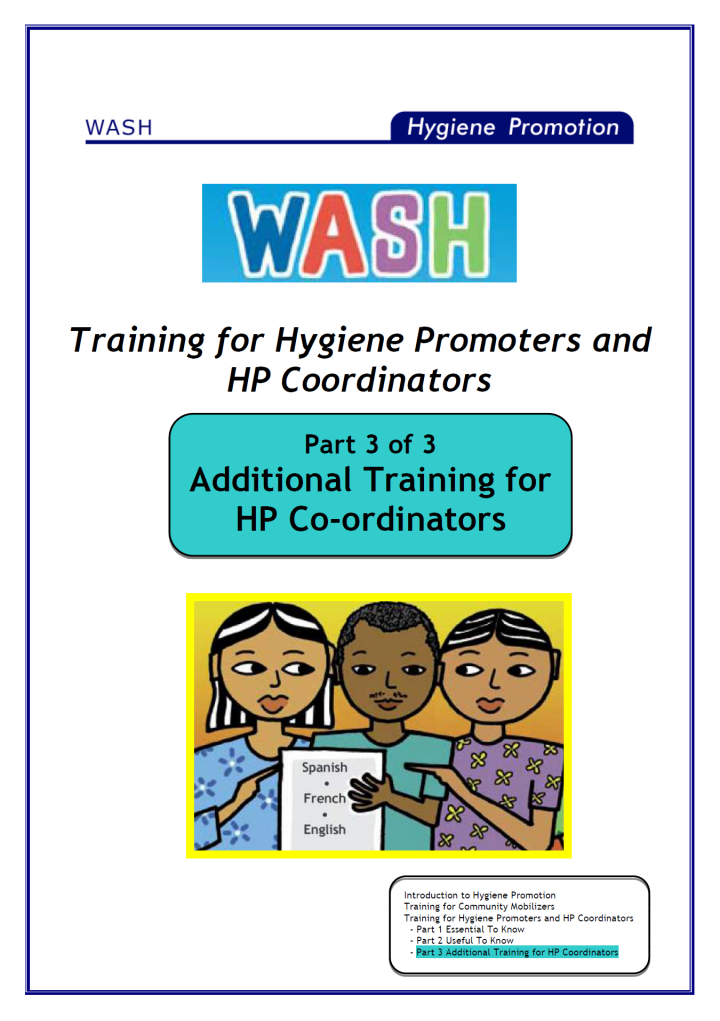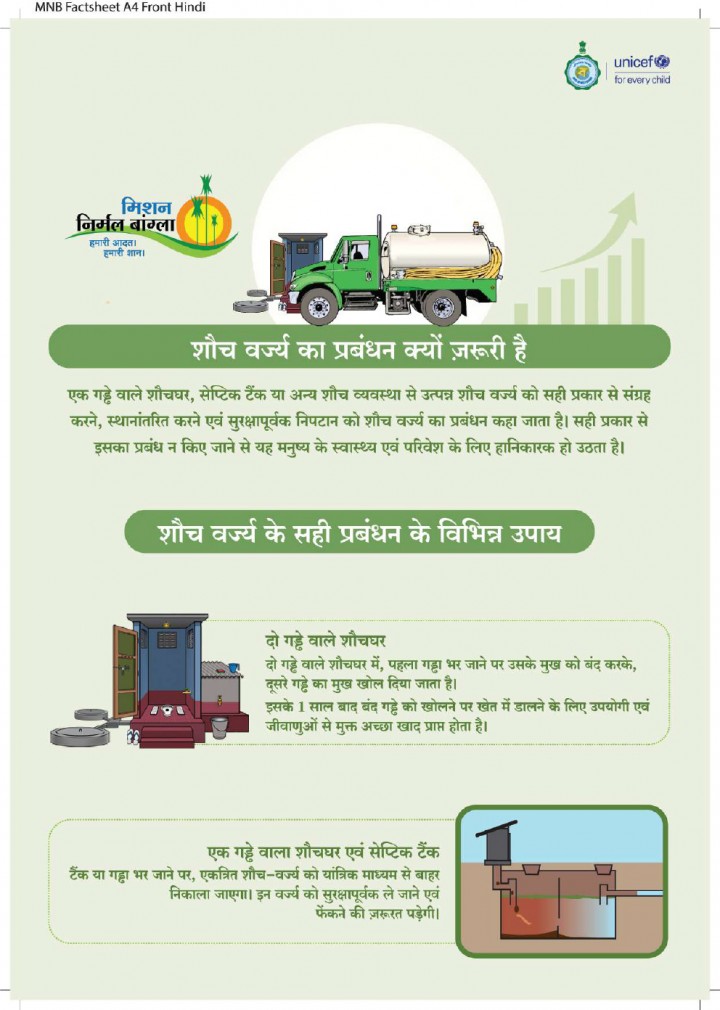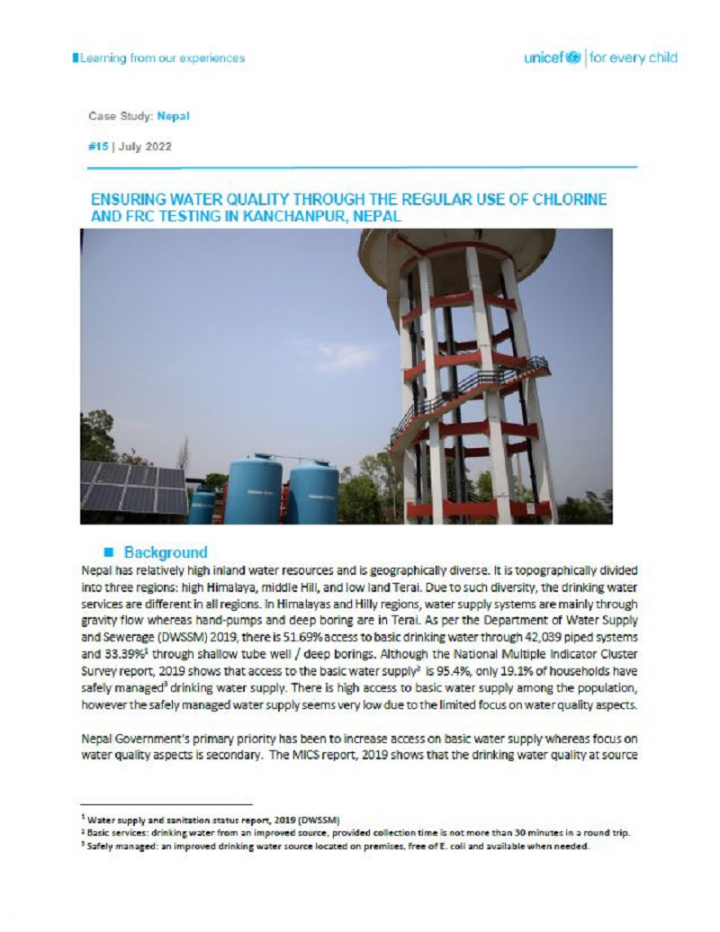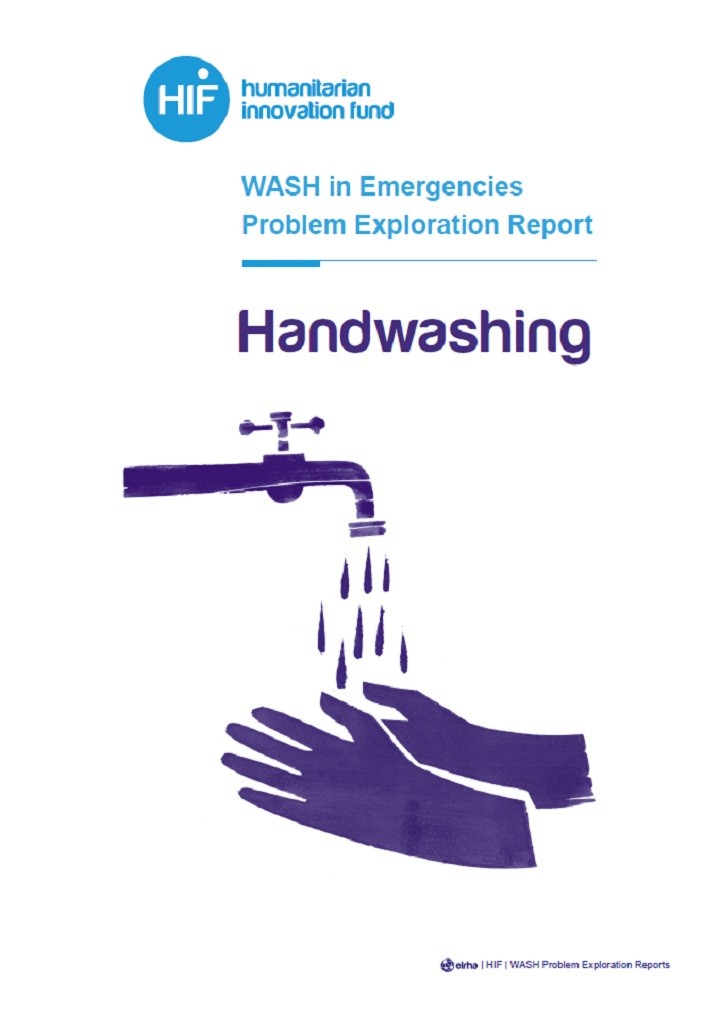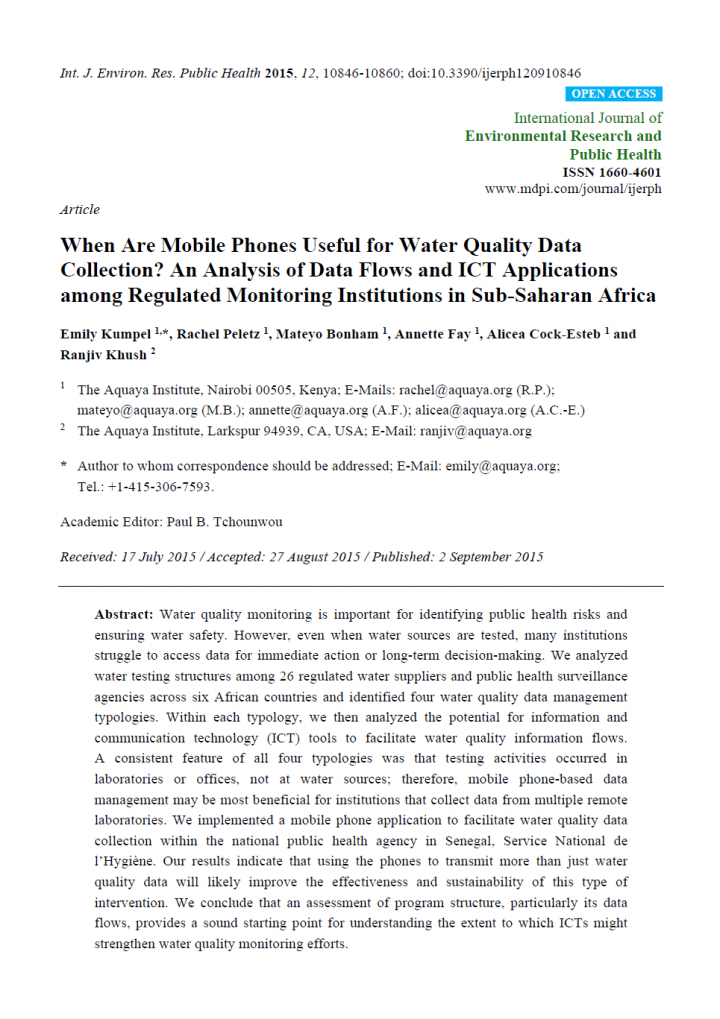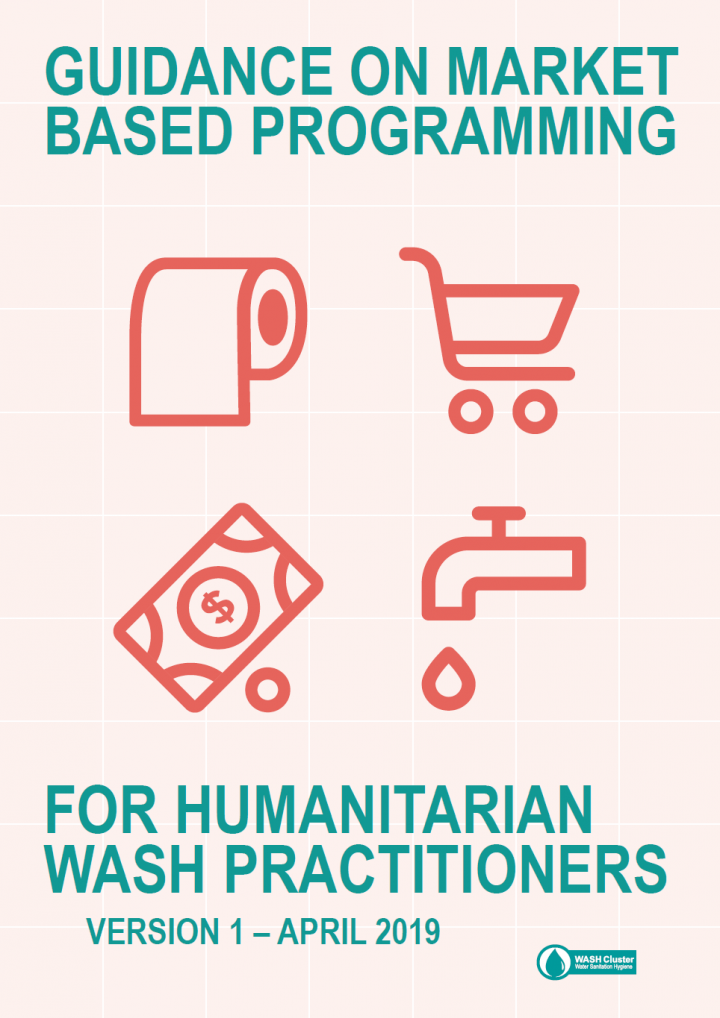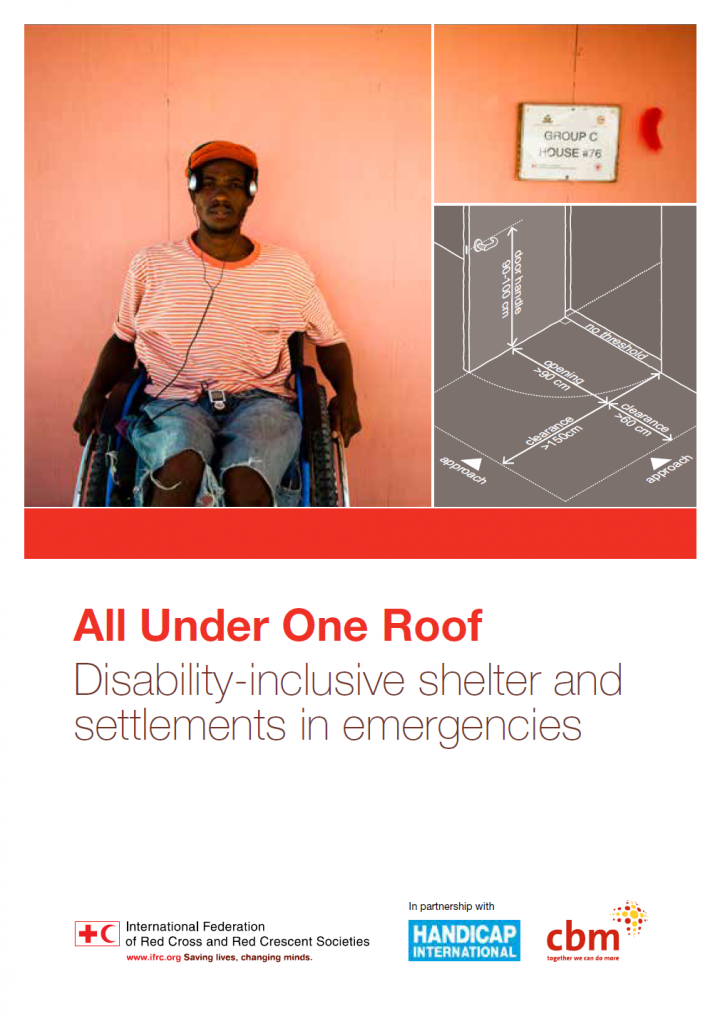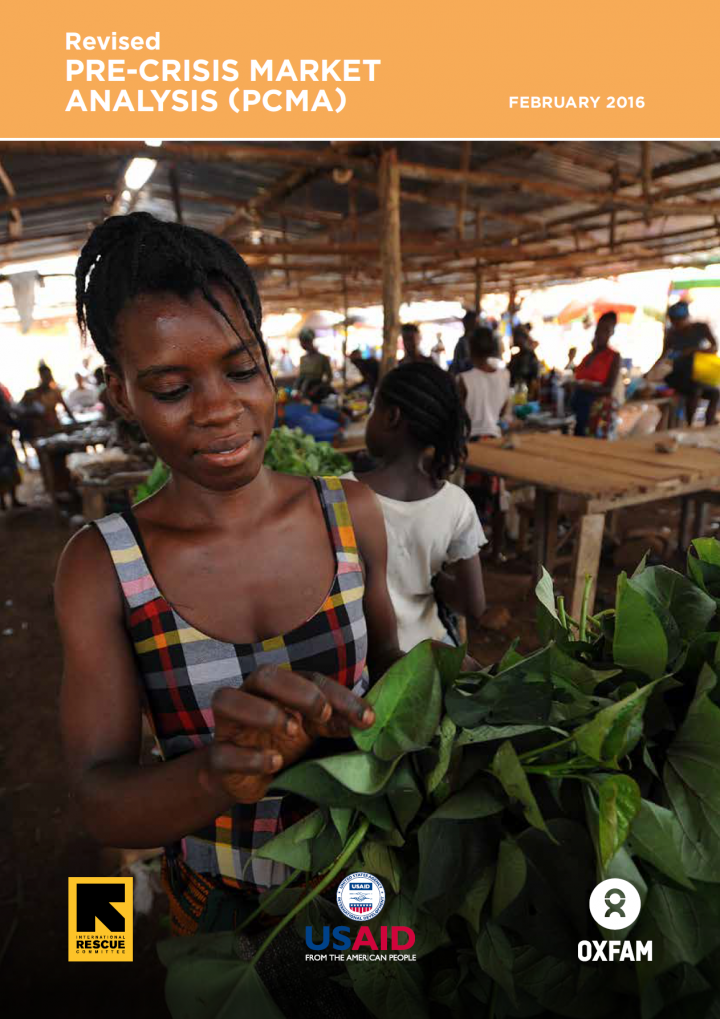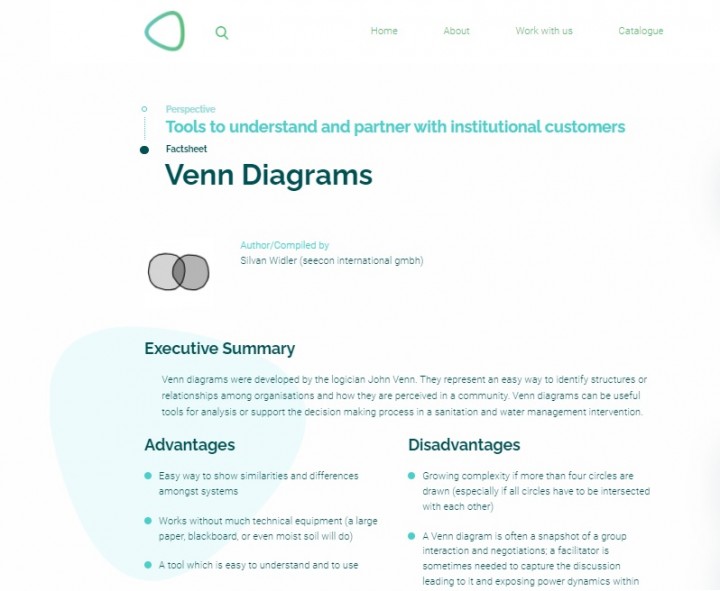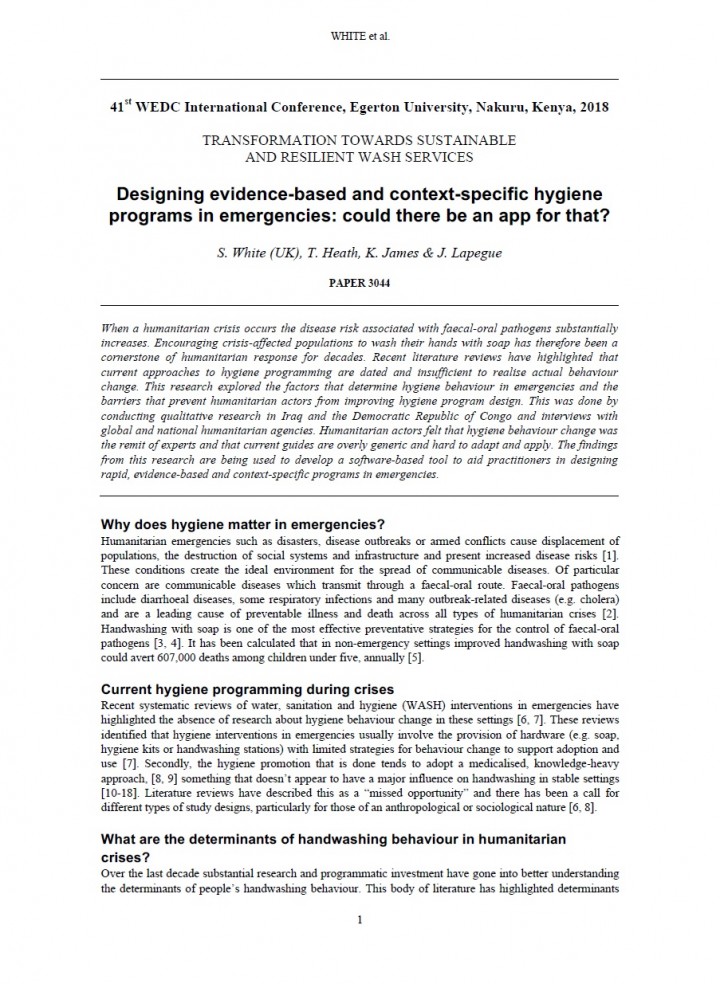Searching for information on Sanitation Workers?
The Sanitation Workers Knowledge + Learning Hub is the best source for all current news, trends, articles and updates on sanitation workers rights around the world.
A análise comparativa entre os municípios de Caçador, Videira e Concórdia, em Santa Catarina, no Brasil, e Sault Ste. Marie, Thunder Bay, North Bay, Chatham-Kent, Woodstock e Kenora, em Ontário, no Canadá possibilita a identificação de diferenças e semelhanças nos sistemas de saneamento, compreensão dos desafios e oportunidades e, consequentemente, embasamento para políticas públicas …
Globally, at least two billion people use a drinking water source contaminated with faeces1. As result of microbial contamination with faeces, it poses the greatest risk to drinking-water safety. In 2010, the UN General Assembly explicitly recognized the human right to water and sanitation. Everyone has the right to sufficient, continuous, safe, acceptable, physically accessible, and affordable …
Reliable and cost-effective monitoring of rural water supply infrastructure has long been hampered by the geographical curse of dispersed and low-income populations, and weak institutional performance. Recent advances in monitoring technology combined with mobile network expansion into rural areas has created an opportunity to bypass these seemingly intractable challenges. Mobile-enhanced …
Unhygienic environments place children at risk of death. Some 1.5 million deaths of under-fives a year are caused by diarrhoea, deaths which can be avoided if diarrhoea in this age group is prevented or appropriately treated. Diarrhoea also stunts children’s physical and intellectual growth and is a huge cost factor. Overall, 2.2 million people died because of diarrhoea in 2002. Hygiene …
This film depicts on how unsafe water can affect health of children and their ability to be strong and fit and play football. While one of them is aware about the importance of clean drinking water, he also insists other friends not compromise with the quality of drinking water.
The Government Maharashtra has taken up an initiative to reform selected rural villages affected by natural calamities like drought and other social, economic, livelihood and infrastructural challenges. This initiative has been started by recruiting CMRD Fellows in each GP for village planning, community participation and effective execution of the schemes according to the plan.
SIGMA …
Theory-based interventions can enhance people's safe water consumption, but the sustainability of these interventions and the mechanisms of maintenance remain unclear. We investigated these questions based on an extended theory of planned behaviour. Seven hundred and ten (445 analysed) randomly selected households participated in two cluster-randomised controlled trials in Bangladesh. Study 1 …
Moulvibazar is a fast-growing city, which is 203 km away from the Dhaka city. It is beside the Manu River and well connected with road and water. It is one of the oldest towns in the sub-continent and was declared Municipality in 1987.
According to the population census in 2011 by the Bangladesh Bureau of Statistics (BBS), the Moulvibazar Population was 56,537. The urban population growth in …
This manual contains training materials and handouts to enable facilitators to rapidly prepare training for different levels of hygiene promoters.
It can also serve as a resource for self directed learning by both hygiene promoters and others involved in supporting or managing WASH interventions.
West Bengal has developed a poster that depicts the techniques involved in managing faecal waste and lists the roles and responsibilities of village functionaries in adopting and promoting FSM in the second phase of the Swachh Bharat Mission. In Hindi, this two-page poster provides an overview for the public on FSM.
Nepal has relatively high inland water resources and is geographically diverse. It is topographically divided into three regions: high Himalaya, middle Hill, and low land Terai. Due to such diversity, the drinking water services are different in all regions. In Himalayas and Hilly regions, water supply systems are mainly through gravity flow whereas hand-pumps and deep boring are in Terai. As per …
Water quality monitoring is important for identifying public health risks and ensuring water safety. However, even when water sources are tested, many institutions struggle to access data for immediate action or long-term decision-making. We analyzed water testing structures among 26 regulated water suppliers and public health surveillance agencies across six African countries and identified …
WASH markets are likely to be affected by a crisis. It can create disruption of both supply of and access to WASH-related goods and services. Both need to be considered and addressed by humanitarian responses to people’s needs. But if humanitarian agencies do not consider markets, interventions can accidentally harm these markets and the whole population depending on them. In the case of weak …
Persons with disabilities often experience discrimination and exclusion, despite the adoption of an increasingly rights-based approach to humanitarian assistance. The past three decades have witnessed a growing awareness of disability issues and the emergence and spread of disabled people’s organisations.
The growing awareness must be accompanied by practical measures to identify and reduce …
This document provides guidance for practitioners on conducting market analysis before the onset of an
anticipated crisis using an adaptation of existing post-crisis market assessment tools. Recommendations stemming from this analysis could be used to inform preparedness and DRR programming decision making as well as future emergency responses. This guidance focuses on markets, with the …
When a humanitarian crisis occurs the disease risk associated with faecal-oral pathogens substantially increases. Encouraging crisis-affected populations to wash their hands with soap has therefore been a cornerstone of humanitarian response for decades. Recent literature reviews have highlighted that current approaches to hygiene programming are dated and insufficient to realise actual behaviour …


